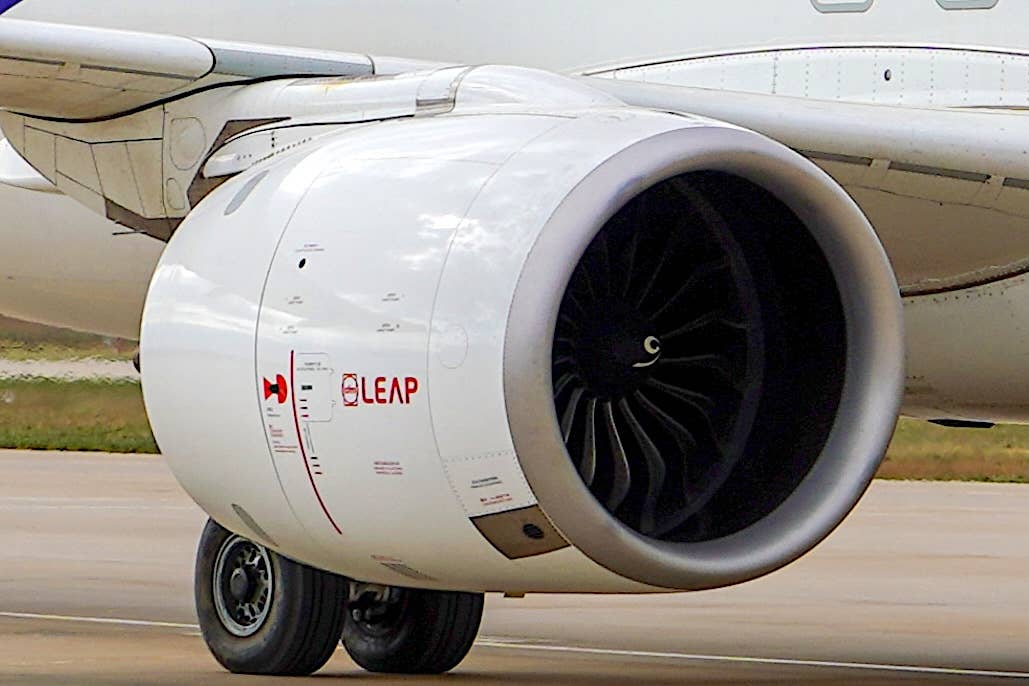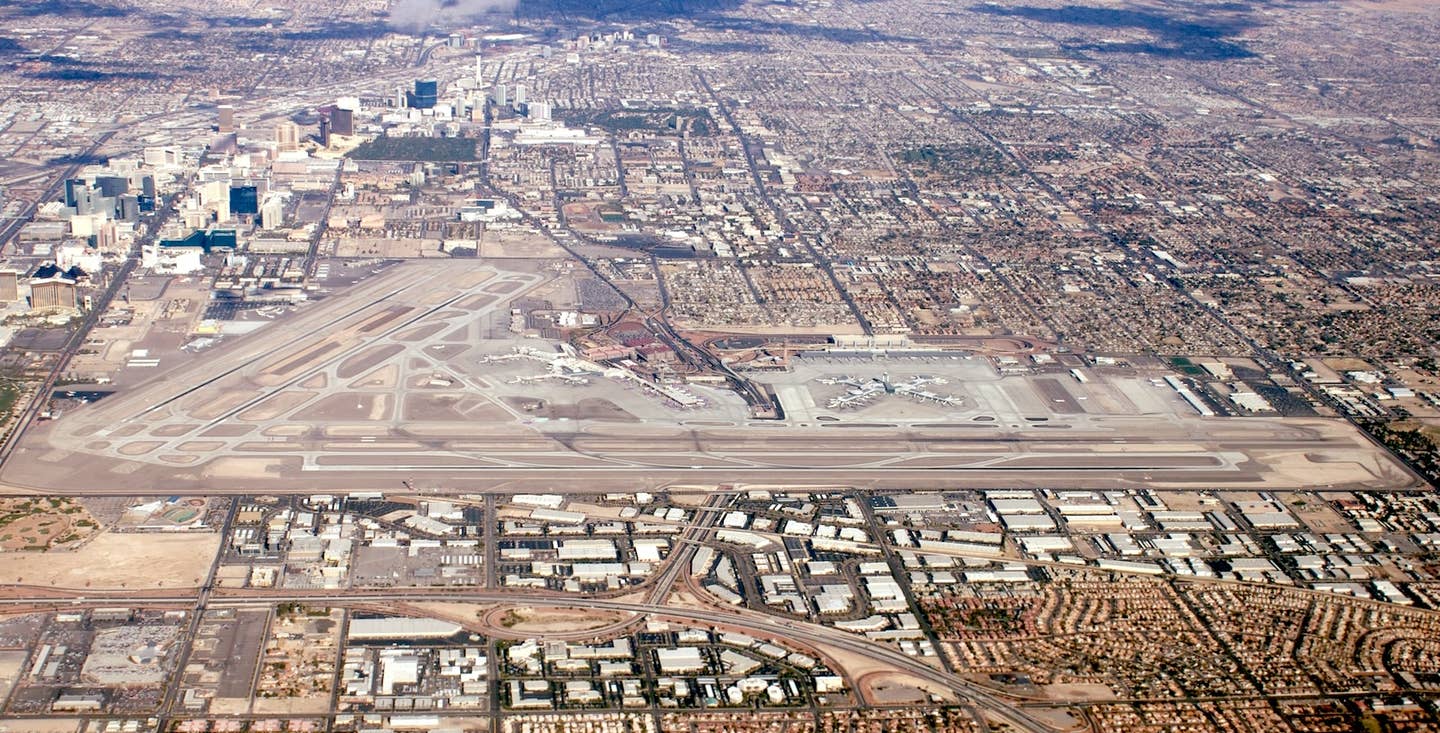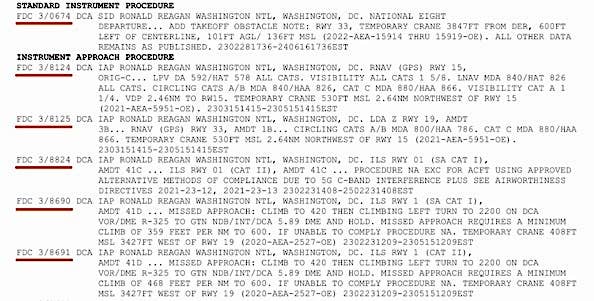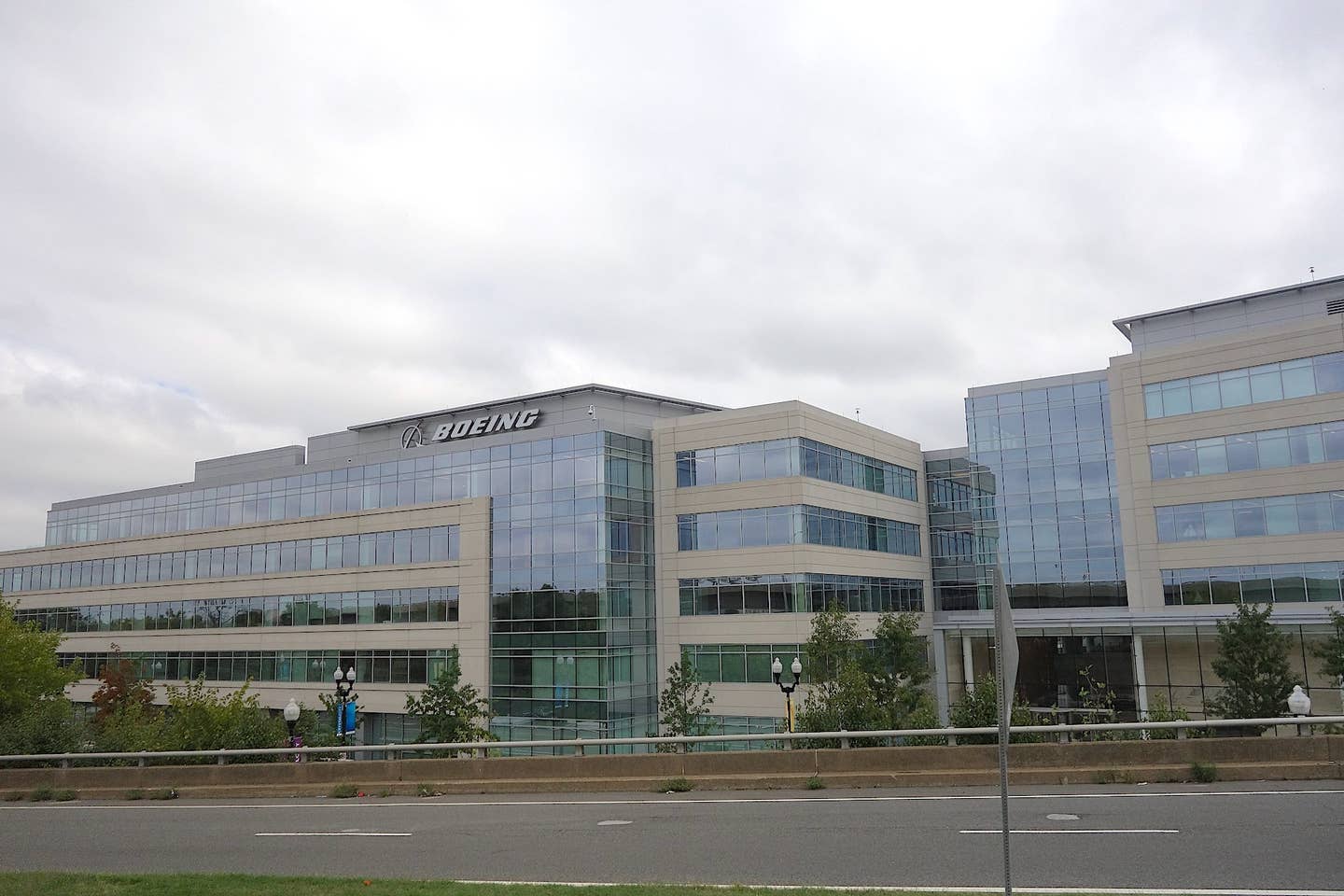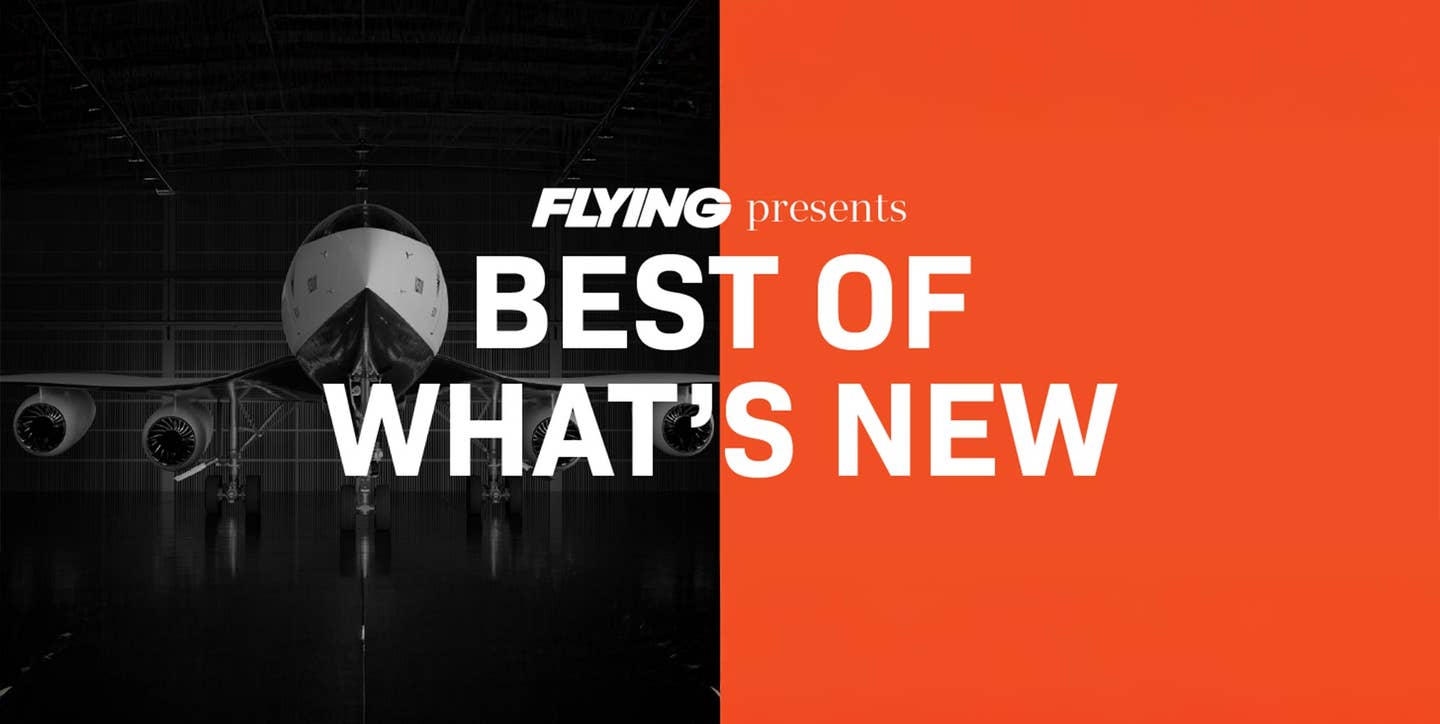FAA Looking For AI Help With Flight Safety
Facing a major controller shortage, the ragged rollout of new technology and a growing list of airliner-involved runway incursions, the FAA is asking AI for help. The agency has issued…

Facing a major controller shortage, the ragged rollout of new technology and a growing list of airliner-involved runway incursions, the FAA is asking AI for help. The agency has issued a request for information calling on the artificial intelligence industry for ideas on how to use the burgeoning technology to improve aviation safety. “The FAA envisions a new safety analytics system that will vastly expand and accelerate insights from current and additional sources of data and provide a comprehensive understanding of causal factors of safety events to help predict high-risk operations and environments,” the RFI says.
The agency also admits how disorganized its own structure is, saying it includes “an extensive collection of connected and disconnected systems.” It wants all the bells and whistles that AI promises to deliver but it wants to keep what it has, and any new tech will have to integrate with the existing data infrastructure, some of which dates to the 1970s. The RFI was issued on June 10 and companies have until July 2 to address the 11 points detailed in the document.


